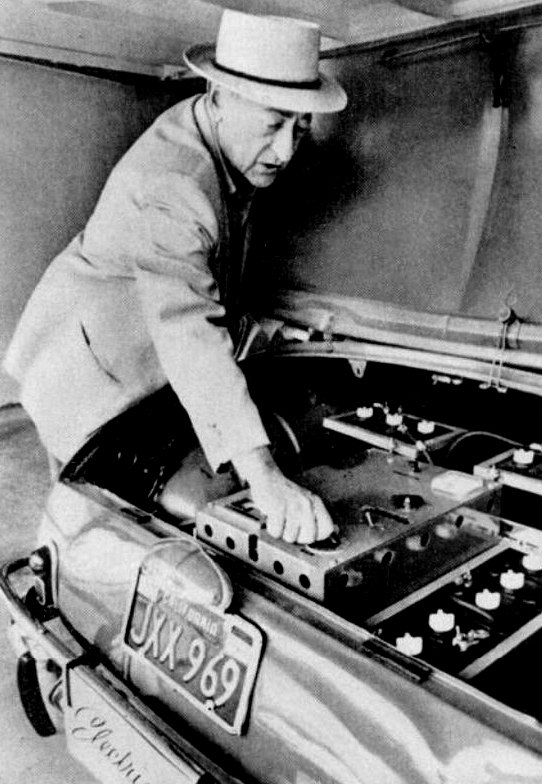Even if it’s difficult to believe now, imagine someone as recently as 2000 suggesting that cars powered by internal combustion engines would be out of California showrooms by 2030 and off the state’s highways by 2050, that they’d be replaced by zero-emission vehicles, one-hundred percent of them. Even think about someone hatching that plan ten years ago, when the electric car was all but considered killed. The seemingly impossible dream looks likely to become a reality thanks to great leaps in technology running headlong into the unique politics of a state demanding change. Amusingly enough, it’s something Governor Ronald Reagan tried to jump-start in 1969.
At the heart of the push is Mary Nichols, Chair of the California Air Resources Board. The opening of John Lippert’s Bloomberg article about how she’s ending Big Auto’s business as usual in the Golden State:
Sergio Marchionne had a funny thing to say about the $32,500 battery-powered Fiat 500e that his company markets in California as “eco-chic.” “I hope you don’t buy it,” he told his audience at a think tank in Washington in May 2014. He said he loses $14,000 on every 500e he sells and only produces the cars because state rules require it. Marchionne, who took over the bailed-out Chrysler in 2009 to form Fiat Chrysler Automobiles, warned that if all he could sell were electric vehicles, he would be right back looking for another government rescue.
So who’s forcing Marchionne and all the other major automakers to sell mostly money-losing electric vehicles? More than any other person, it’s Mary Nichols. She’s run the California Air Resources Board since 2007, championing the state’s zero-emission-vehicle quotas and backing President Barack Obama’s national mandate to double average fuel economy to 55 miles per gallon by 2025. She was chairman of the state air regulator once before, a generation ago, and cleaning up the famously smoggy Los Angeles skies is just one accomplishment in a four-decade career.
Nichols really does intend to force automakers to eventually sell nothing but electrics. In an interview in June at her agency’s heavy-duty-truck laboratory in downtown Los Angeles, it becomes clear that Nichols, at age 70, is pushing regulations today that could by midcentury all but banish the internal combustion engine from California’s famous highways. “If we’re going to get our transportation system off petroleum,” she says, “we’ve got to get people used to a zero-emissions world, not just a little-bit-better version of the world they have now.”•

